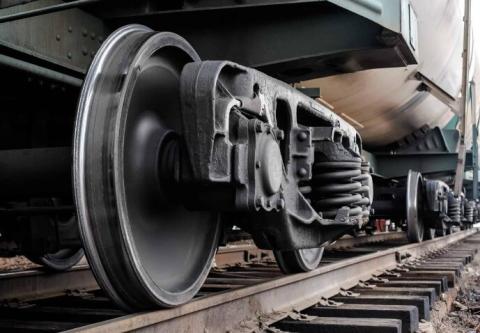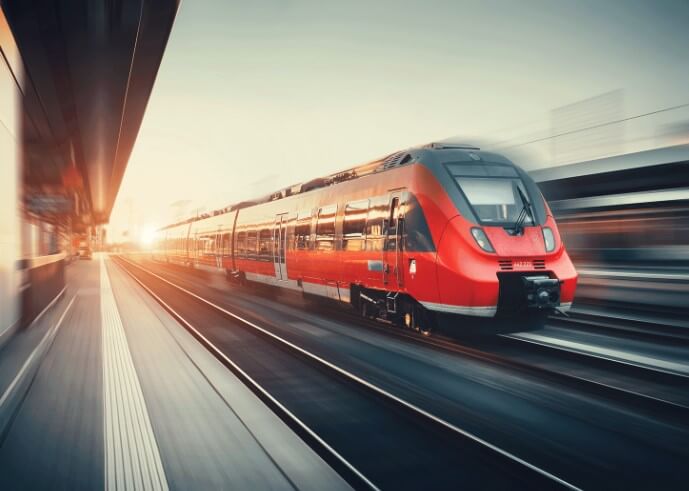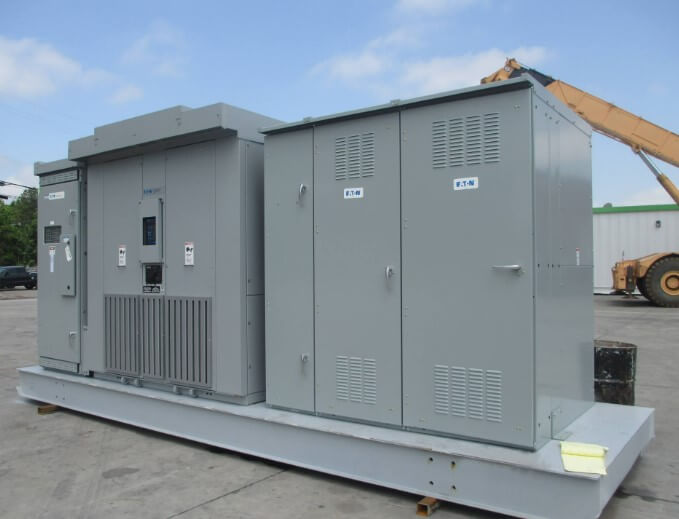
Railway systems are the backbone of modern transportation networks, vital for both passenger and freight movement. The reliability of railway power supply is critical to maintaining the efficiency, safety, and sustainability of these systems. Swartz Engineering, a leader in railway infrastructure solutions, is at the forefront of addressing challenges related to railway power supply. In this post, we will explore the key factors that influence the reliability of railway power supply and discuss how these can be managed to enhance system performance.
1. Power Demand and Consumption Patterns
One of the primary factors affecting railway power supply reliability is the power demand and consumption patterns. Railway networks have varying power needs based on the type of service—passenger, freight, or high-speed rail. During peak hours, the demand can surge significantly, stressing the power supply infrastructure.
Managing Demand with Smart Technologies
To ensure reliability, integrating smart technologies like advanced load management systems and demand response strategies is essential. These technologies help balance the load, preventing overloading and ensuring a stable power supply. Swartz Engineering’s innovative solutions in power management are designed to optimize consumption patterns, enhancing the reliability of the railway power supply.
2. Infrastructure Condition and Maintenance
The condition of the railway power infrastructure plays a crucial role in its reliability. Aging equipment, outdated technology, and insufficient maintenance can lead to failures, disrupting train services. Key components such as transformers, substations, overhead lines, and signaling systems must be maintained and upgraded regularly.
Implementing Preventive and Predictive Maintenance
Swartz Engineering emphasizes the importance of preventive and predictive maintenance. By using advanced diagnostics and monitoring technologies, potential issues can be identified and addressed before they lead to failures. This proactive approach minimizes downtime and enhances the reliability of the railway power supply.
3. Environmental Factors
Environmental conditions, including weather events, temperature extremes, and natural disasters, significantly impact railway power supply reliability. Severe weather can cause outages, damage infrastructure, and disrupt power transmission.
Building Resilient Infrastructure
To mitigate these risks, it is essential to design and build resilient infrastructure. Swartz Engineering incorporates weather-resistant materials and designs into its projects, ensuring that the railway power supply system can withstand harsh conditions. Additionally, implementing robust backup systems and disaster recovery plans is critical for maintaining service continuity during adverse conditions.
4. Technological Advancements and Innovations
Technological advancements play a pivotal role in enhancing the reliability of railway power supply. Innovations in power electronics, grid automation, and energy storage systems are transforming railway power systems, making them more efficient and reliable.
Adopting Advanced Technologies
Swartz Engineering is committed to integrating cutting-edge technologies into railway power supply systems. From high-efficiency transformers and state-of-the-art substations to smart grid technologies and energy storage solutions, our projects leverage the latest advancements to boost system reliability. These technologies not only enhance performance but also contribute to sustainability by optimizing energy use and reducing environmental impact.

GET IN TOUCH
The ultimate solution for reliable power control! call us at 276-285-3841
5. Regulatory Compliance and Standards
Compliance with regulatory standards and safety protocols is essential for ensuring the reliability of railway power supply. Regulations set by national and international bodies define the safety, performance, and environmental standards that railway power systems must meet.
Staying Ahead with Compliance and Innovation
Swartz Engineering ensures that all projects comply with relevant regulations and standards. We work closely with regulatory authorities and industry bodies to stay updated with the latest requirements. Our commitment to excellence and continuous improvement drives us to exceed standards, enhancing the reliability and safety of railway power supply systems.
6. System Integration and Coordination
Effective system integration and coordination are vital for the reliability of railway power supply. This involves seamless integration of various subsystems, including power generation, transmission, distribution, and control systems. Coordination between different stakeholders, including railway operators, power suppliers, and maintenance teams, is also crucial.
Enhancing Integration with Advanced Control Systems
Swartz Engineering specializes in developing advanced control systems that ensure smooth integration and coordination across the railway power supply network. Our solutions facilitate real-time monitoring, data analytics, and automated control, enhancing the overall efficiency and reliability of the system. By fostering collaboration and communication among stakeholders, we ensure a cohesive and reliable railway power supply infrastructure.
7. Workforce Training and Expertise
The expertise and training of the workforce are critical factors in maintaining railway power supply reliability. Skilled personnel are essential for the design, operation, and maintenance of power systems. Lack of training or expertise can lead to operational errors, delays, and system failures.
Investing in Workforce Development
Swartz Engineering prioritizes workforce development through comprehensive training programs and continuous education. Our teams are equipped with the latest knowledge and skills in railway power systems, ensuring that they can handle challenges effectively. By investing in human capital, we enhance the reliability and performance of the railway power supply system.
8. Cybersecurity Threats
As railway systems become increasingly digitized, cybersecurity threats pose a significant risk to power supply reliability. Cyberattacks can disrupt power distribution, compromise system integrity, and lead to operational failures.
Implementing Robust Cybersecurity Measure
Swartz Engineering employs state-of-the-art cybersecurity measures to protect railway power supply systems. Our solutions include advanced encryption, intrusion detection systems, and continuous monitoring, safeguarding against cyber threats. By enhancing cybersecurity, we ensure the resilience and reliability of railway power supply infrastructure.

GET IN TOUCH
The ultimate solution for reliable power control! call us at 276-285-3841
Conclusion
The reliability of railway power supply is influenced by a multitude of factors, ranging from infrastructure condition and environmental conditions to technological advancements and regulatory compliance. Swartz Engineering is dedicated to addressing these challenges through innovative solutions, advanced technologies, and a commitment to excellence. By focusing on key areas such as demand management, infrastructure resilience, system integration, and workforce development, we are shaping the future of railway power supply, ensuring that it is reliable, efficient, and sustainable.
For more information on how Swartz Engineering can enhance the reliability of your railway power supply systems, contact us today. Let’s work together to build a more reliable and efficient railway infrastructure for the future.
Our Expert Services
Swartz Engineering provides top-quality products to meet our customers' needs. We also make sure our products work reliably and safely. Our products include:
- Type 76 DC Relay
- Type 82 DC Relay
- Swartz Engineering’s Type 64 Ground Relay
- Type 32 Reverse Current Relay
- Type 150 DC
- CSM Shield Monitor
- Metal Oxide Surge Arrestors
- Transducers
- MVIS SL Slim-line Contactor
- Fully-tested Power Control Rooms
- Swartz Engineering’s Portable Substations
